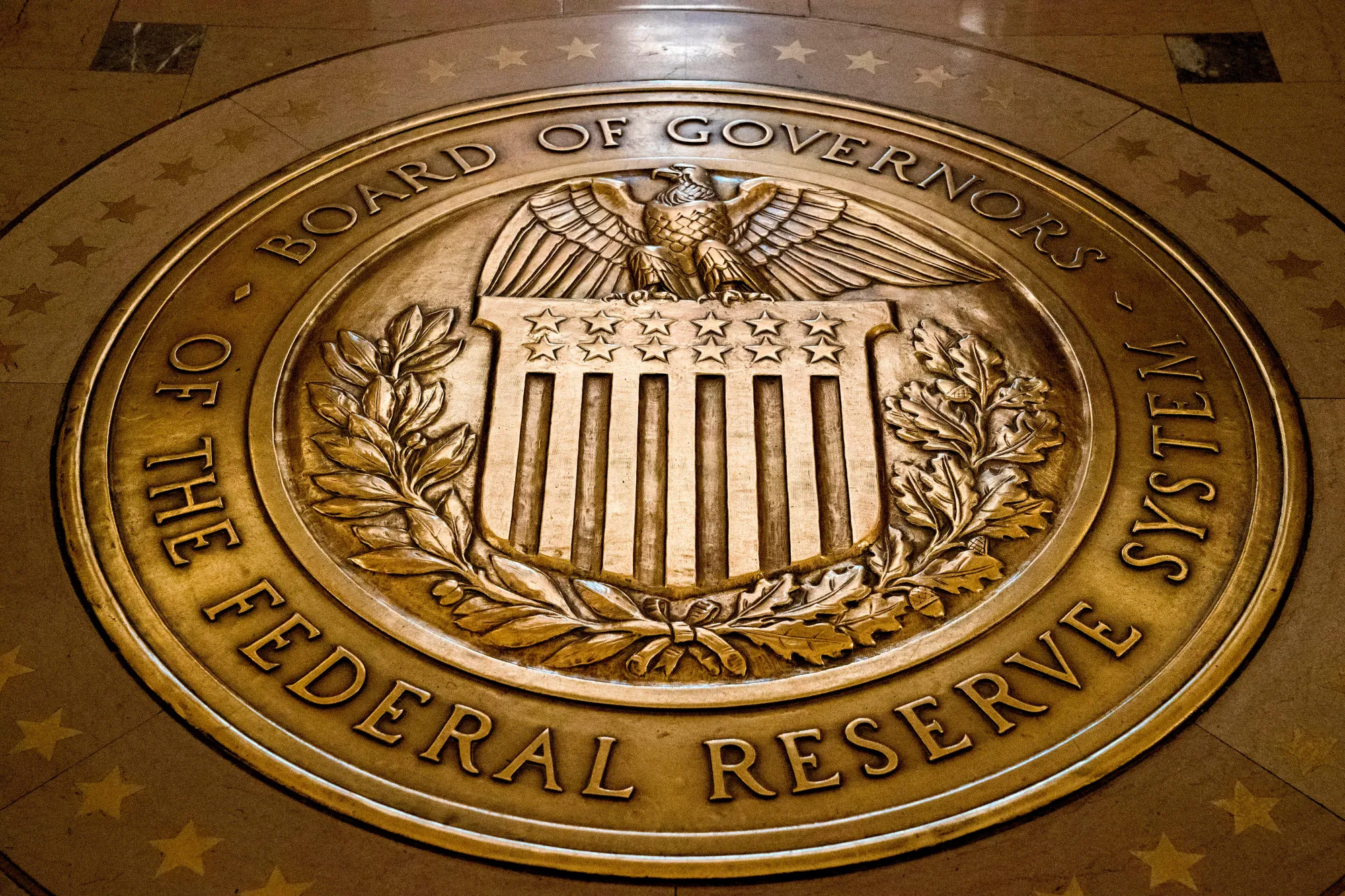The Federal Reserve‘s recent survey highlighted persistent inflation and the prospect of enduring high interest rates as primary risks to financial stability, alongside geopolitical tensions and the upcoming 2024 U.S. presidential election.
The survey, part of the Fed’s semi-annual Financial Stability Report, engaged 25 market experts, academics, and other figures to assess economic vulnerabilities.
Released on Friday, it reflects concerns over trade policies, geopolitical strife, and uncertainties stemming from the U.S. elections where President Joe Biden will contend against Donald Trump.
Initiated over two years ago, the Fed’s aggressive interest rate hikes aimed to curb inflation were anticipated to potentially trigger a recession and heighten financial sector stress.
Despite these measures, the latest report indicates minimal widespread financial risks, although it underscores concerns that economic slowdowns necessary for achieving the Fed’s 2% inflation target might not materialize through traditional financial or credit channels.
The report notes robust balance sheets across households and businesses, stable banking conditions, and an absence of imminent economic bubbles.
Interviews conducted for the survey in March revealed increasing skepticism among Fed officials regarding the ongoing reduction in inflation, with anticipations of rate cuts adjusting to a slower pace.
This adds to the ambiguity surrounding future monetary policy decisions, significantly impacted by escalating Middle Eastern conflicts, the persistent war in Ukraine, and volatile U.S. political dynamics.
Despite these challenges, the financial system appears stable, supported by high policy interest rates and the ongoing battle against inflation.
The report identifies specific concerns such as diminishing commercial real estate values and increased leverage among major hedge funds.
Moreover, while stock and real estate markets remain robust, rising consumer debt delinquencies signal potential stress points within some households.
The survey also illustrates a sound banking sector characterized by strong capital and liquidity levels. Although tightening credit conditions were noted for small firms, the prevalence of financing shortages remained low.
Overall, the economy exhibits signs of resilience, with private debt relative to GDP declining, businesses maintaining strong debt servicing capabilities, and household debt levels staying modest, reinforcing the system’s overall stability.


